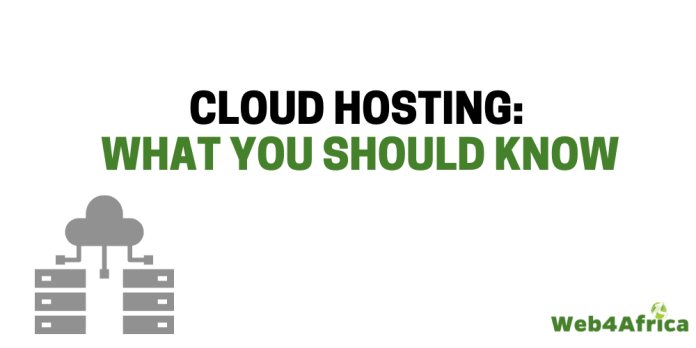
You probably would have come across the term cloud hosting, If you’ve ever looked into hosting a website or app. Rather than hosting your website or app on a single machine, the pall allows you to spread your data across multiple linked servers located across a wide geographical area. These servers only exist in a virtual terrain – hence the name cloud.
Cloud hosting utilizes the computing power of numerous machines, and because of this, you have vastly more potential than you would through traditional hosting. You also have access to the services those machines offer.
Public cloud vs Private cloud
Contents
When your hosting account was set up on a single server, you could either share the server with other accounts (a shared server) or run an individual server specifically for your site (a dedicated server). Cloud hosting allows you to make a similar choice.
The hardware is shared between several virtualized accounts, so the resource’s cost is shared. However, unlike traditional shared hosting, the virtual server’s resources are ring-protected. You do not share disk space, processing power, or anything else with any other account – you simply share rack space in the data centres. In essence, you get all the shared hosting benefits with no downsides.
Nevertheless, it’s possible to produce a private cloud set-up that doesn’t share its structure with any other accounts if the public cloud isn’t what you are looking for. This comes with an additional cost but offers more security and control.
Cloud vs single server
One might be wondering why the hosting world is shifting from dedicated server hosting to cloud technology? The answer is that there are some major benefits to it, which are explained below.
Reliability
If your website is hosted on a single server and that server goes offline, then your website won’t be visible to visitors. If your website is shared between an array of interconnected machines, on the other hand, these machines all store the same information, if one of them goes offline, the others can pick up the slack, and your website remains online.
What is the difference between a server and a cloud hosting?
Cloud hosting utilizes the computing power of numerous machines, and because of this, you have vastly more potential than you would through traditional hosting. You also have access to the services those machines offer.
Scalability
The underlying infrastructure of your cloud hosting setup gives you access to more system resources than you could ever need. Even if these resources have been shared between all the different accounts on your public cloud set-up, you still have access to a vast amount of processing power sitting in reserve for this very purpose.
You can effortlessly scale these resources with a quick phone call to your hosting company when you know you are expecting extra traffic or you could set up the hosting architecture to automatically boost resources based on real-time requirements.
Versatility
By nature, cloud hosting is also incredibly versatile. You can choose a custom solution that’s tailor-made to suit your specific needs. The exact architecture, space, processing power, OS, and security you need with a cloud set-up can be selected by you.
If your site uses a relatively small front end but accesses a massive database and you need to host large files for download from an otherwise small site, the cloud can accommodate them.
Managed cloud hosting
Also known as managed cloud computing, managed cloud hosting allows organizations to share and access resources, including hardware and software tools and databases, across a remote network via multiple servers in another location.
In managed cloud hosting, servers are bought in slices or virtual servers. The major focus of managed cloud hosting is on security and consistent availability. As opposed to servers that are acquired on an hourly basis, managed cloud hosting is delivered in monthly (or longer) contracts for businesses that run enterprise-critical apps over long periods.
Web4Africa
Web4Africa offers Virtual Servers from data centres in Accra (Ghana), Nairobi (Kenya), Lagos (Nigeria) and Johannesburg (South Africa).




